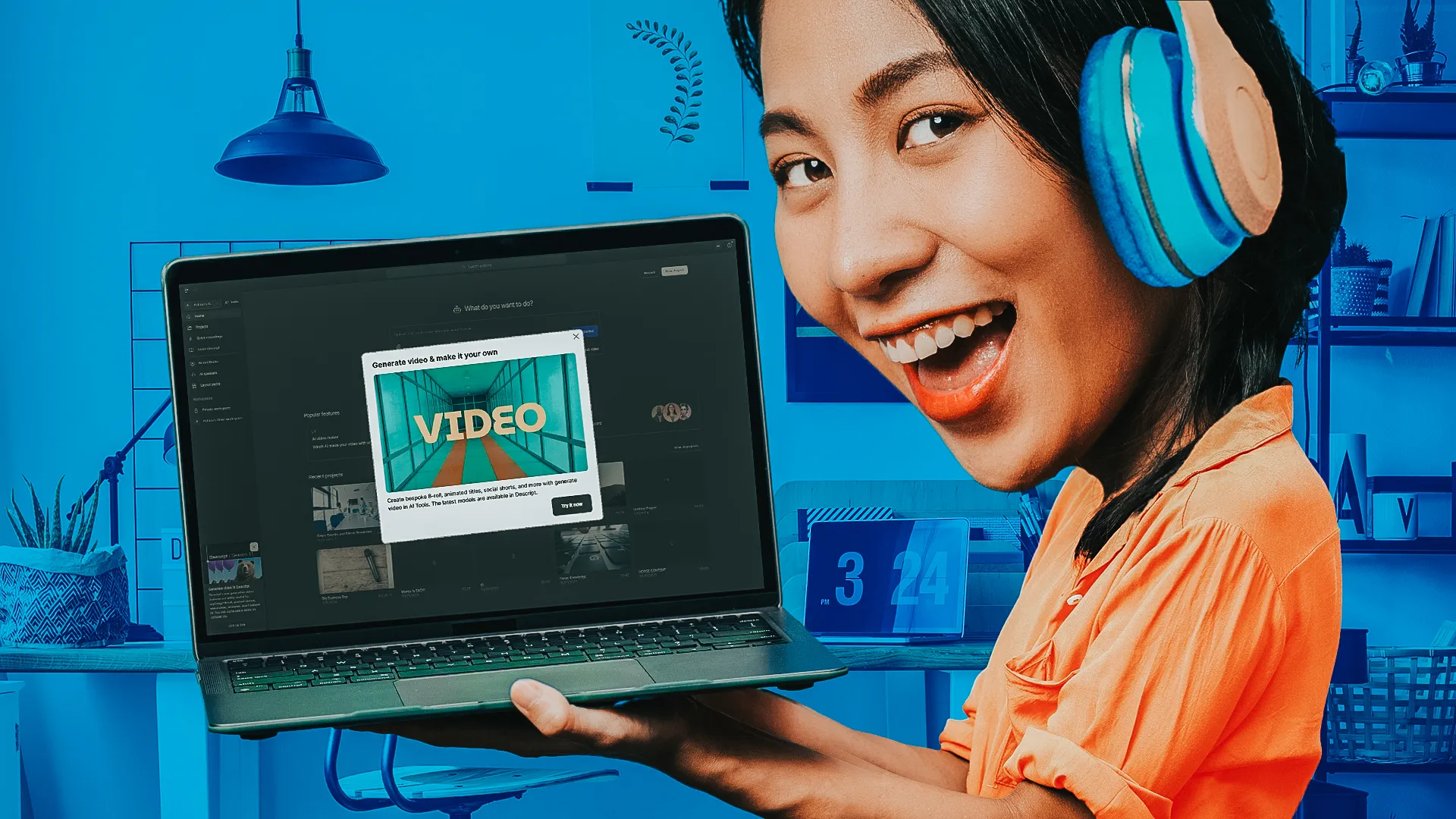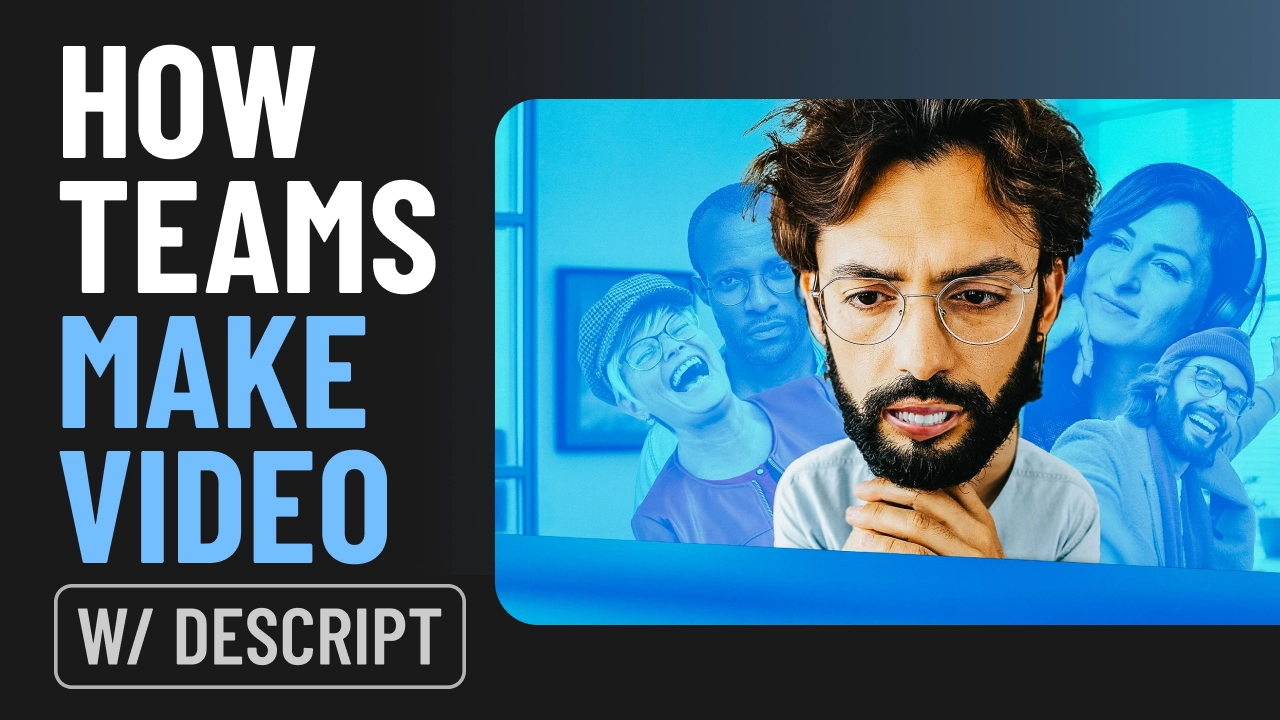Podcast sponsors have become the predominant route to making money for most creators. Finding the right sponsors for your work means choosing brands that offer something your audience wants to buy, and that align with their values. Your listeners put their trust in you, so choosing the right brands is crucial to maintaining your relationship with them.
Why find a sponsor for your podcast?
Podcast sponsorships have proven highly effective because successful podcasts typically have small (relative to other media) but clearly defined and highly attentive, deeply loyal audiences.
This is exactly what advertisers are looking for.
Companies want to find ways to market their products or services to new audiences and in places that offer them a higher rate of return. The podcast medium fosters a sense of intimacy faster than TV or radio, for example. Your listeners have your voice in their ears telling them stories or delivering information, helping build your trust with them. Podcast listeners feel like they know their favorite hosts on a personal level, so they’re more willing to tolerate sponsorship messages, and more likely to actually buy the sponsor’s stuff.
Sure, there are other ways to monetize your podcast, like selling merchandise or subscriptions, but they typically take longer or are less lucrative securing podcast sponsors, or both. Typically, sponsorships are the beating heart of a podcast’s economic existence, with ancillary schemes (like merch) helping further pad your pockets.
How podcast sponsorship rates work
Podcast sponsorships are usually based on the number of average downloads your podcast received.
There are two main metrics sponsors use to gauge the amount they’ll pay to sponsor your show:
- Cost per mille (CPM): This model refers to money you’ll get paid based on the number of listens their ad gets, typically in increments of 1,000. CPM rates tend to range between $18 to $50 CPM—pricing depends on the company. For instance, if you receive 5,000 downloads per episode, you could stand to make $90 to $250.
- Cost per acquisition (CPA): Some sponsors prefer the CPA model to determine the true value of their ad. Instead of paying based on downloads, sponsors will pay based on the number of signups or sales they receive based on the ad. You’ll usually receive a referral link or coupon code to track listeners.
3 Types of podcast ads
The following are some of the most common types of ads you can offer sponsors to be placed in your podcast:
- Pre-roll ads: These spots are at the beginning of the podcast, typically as part of your show's introduction. They're typically shorter than other ad spots and can range anywhere from 15 to 30 seconds.
- Mid-roll ads: These ads tend to be longer and are placed close to the middle of your show. In most cases, you can charge more because your audience is more engaged and you'll be spending time talking more in-depth about the sponsor and their product or service.
- Post-roll ads: They’re similar to pre-roll in what you can charge, but they’re placed at the end of the episode. They’re generally longer than the pre-roll.
How to get the right advertising podcast sponsors
Finding the right sponsors in the early stages can feel overwhelming, but it’s not impossible. Here are some of the most common places you can find them:
Businesses that advertise in similar podcasts
Take some time to research podcasts that are in the same category or industry as you are and see if they have sponsors. The main benefit of taking this approach is that you know these companies have experience sponsoring podcasts, so it may be easier to pitch them.
Another strategy to try is to come up with a list of keywords that relate to your podcast and conduct an online search. From there, you can come up with a list of companies that are using those keywords to advertise their product or service.
Networking events and conferences
Attending networking events, whether online or in-person is a great way to meet people who are the decision-makers at companies that sponsor podcasts. Maintain a relationship with them and you can eventually reach out to potential sponsors to strike a deal.
If you can’t attend conferences, look at their sponsor pages or to see who will be exhibiting — some of those companies may be willing to sponsor your podcast.
Make a list of companies you’d like to work with and find contact information to send some cold emails. Keep working down that list little by little until someone bites.
Podcast ad marketplaces
Podcast ad marketplaces are places that connect brands with podcasts seeking sponsors. Many brands are actively looking for shows listed on these marketplaces and will reach out to a show to make a deal. Keep in mind that marketplaces, while convenient, will take a cut off your earnings, so read the fine print to see how much you’ll really be making.
Some of the top podcast advertising marketplaces:
- Acast
- AdvertiseCast
- BuySellAds
- Gumball
- Popcorn
Best practices for finding podcast sponsorship
When you find potential sponsors, you want to be sure they’re the right fit for your brand and your audience. That’s why it’s important to lay the right foundation and use the following best practices.
1. Consider your audience
A crucial part of securing sponsorships is to put your audience at the forefront. If you start marketing products and services that aren’t relevant to them, your audience might get frustrated or confused, and your brand partners might not be getting the impressions they expected.
To start, think about your typical listener. Ask yourself some questions, like:
- What are this person’s values or worldview?
- What are their likes and dislikes?
- What kind of problems or challenges is this listener looking to solve?
Once you have your head around your audience, you can whittle down the list of sponsors that are a good fit for your podcast. Basically, you’re looking for companies that sell products and services your listeners genuinely want to buy.
2. Present a media kit
A media kit is a document that illustrates key details about your podcast and sponsorship opportunities. A media kit allows brands to easily access all the information they need to in order to make a decision about sponsoring your show.
Information you’ll want to include in your media kit includes:
- Overview of your show
- Details about your audience such as their desires and pain points
- Statistics regarding downloads and listener engagement
- Links to podcast episodes
- Links to examples of previous sponsorships (if applicable)
- Examples of listener reviews
- Episode pricing
- Ad slot availability
- Your contact information
3. Present your podcast (and yourself) professionally
Presenting yourself and your show in a professional manner will help brands take your podcast more seriously. After all, you are seeking to monetize your show and companies want to work with those they trust and deliver on their promises.
A thoughtful way of building audience engagement (like newsletters or subscriber-only content, for example) is also an indicator that a podcast is a serious endeavor a company should invest in.
One of the easiest ways to appear like you’re taking this podcasting seriously is to have a well-designed website and an email address with your podcast’s domain name (not @gmail.com, for example). Remember that replying to emails on time will go a long way to your show being taken seriously.
4. Aim for 10% ad time per episode
If you read ads for more than 10% of your episode, you could find that your audience will get bored or even frustrated with the show, skipping through those ads or listening to another podcast altogether.
For instance, if you have a 30-minute show, try to have ads playing for less than three minutes in total.
The benefits of getting podcast sponsors
There are plenty of ways to take your show to the next level. Here’s why working with podcast sponsors is a smart idea:
- Monetize your show: Even if you make enough money outside of your show to pay for hosting and equipment, monetizing your podcast might be worth your time as you expand your podcasting empire (or if you just want some extra cash for those weekends away).
- Build a strong brand identity: Having sponsors signals to new listeners you’re a professional show worthy of their time. Having the right partnerships also shows you work hard to build a cohesive brand around your podcast.
- Networking opportunities: Working with different companies gives you an opportunity to meet other folks who can help you on your podcasting journey, such as other audio professionals or businesses who also want to be sponsors.






































%20(1).JPG)

